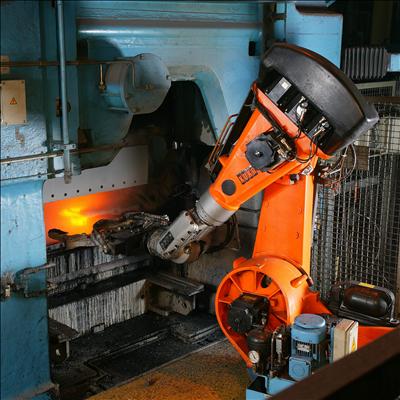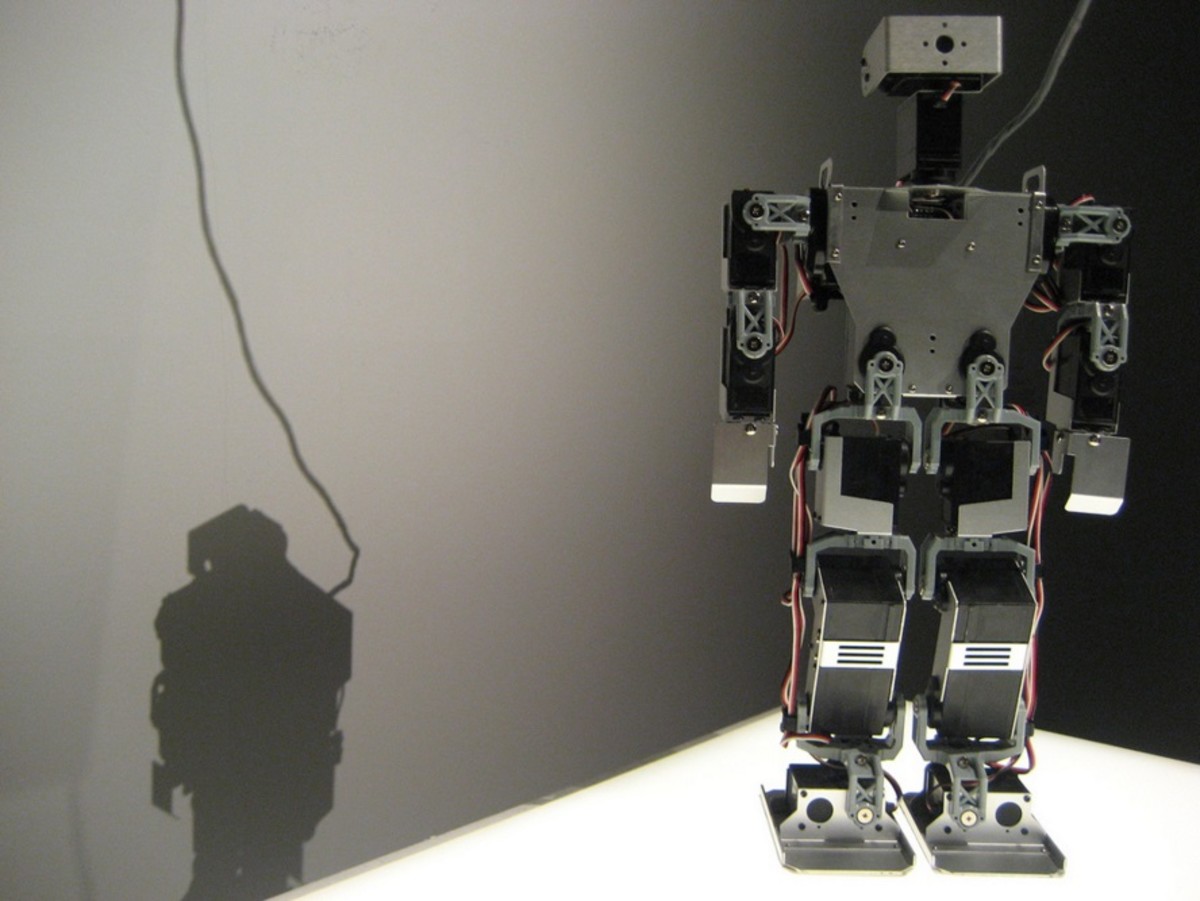AUTOMATION - How it's Changed Everyday Life
Automation changing Everyday Lives
Man is still the most extraordinary computer of all - John F. Kennedy.
The ever changing technology of automation has made such tremendous changes in our lifestyle. Let’s take a quick look at the technology we embrace, which has transformed our lives.
Probably the single most valuable thing in our lives. If the power of electricity had never been harnessed, we wouldn’t have even a fraction of what we have in the world today. Benjamin Franklin is credited with linking lightening to electricity.
How we listen to music.
It went from vinyl records to CD – the first record player was invented in 1870. We progressed from there to the portable radio/CD player and then on to the era of personal music and the Walkman.
The Walkman could hold 15 songs at best, and now we have the iPod, the largest model capable of holding 30 000 songs!

How we find our way around.
- We can Fly – it takes around 8 hours to fly 7000 kilometers. Thank you to the three-axis control system and a movable rudder the Wright Brothers invented in 1902.
- We can Drive : The first modern car was attributed to Karl Benz in 1886, if we are talking about any vehicle capable of propelling itself, we have about 439 years of car history.
- Train: in 1765 James Watt invented the first pressurized steam engine, a vast improvement on Thomas Newcomen steam engine of 1712.
- The Industrial Revolution is possibly the greatest change over the shortest period in history, which was carried forward by the steam engine.
- Most power plants in the world today generate electricity using steam turbines, whether the steam is heated by burning coal, natural gas or a nuclear reactor.
Communication Redefined
- Cellular communication has revolutionised the communication industry. Letters have become uncommon, as emails and cell phone messages become the easiest means to connect.
- Satellite Technology. Satellite TV and satellite radio have eased the broadcasting of events across the globe. Communication to ships and airplanes wouldn’t have been possible if not for satellites.
- In 1454, Johannes Gutenberg constructed a printing press which could print repeatedly onto paper. The introduction of computers in the 1950’s revolutionized printing and the process is now mostly replaced by digital data. Modern printing presses in our homes and offices are called printers.
- The GPS was developed in 1978, with the help of around 32 satellites. Now every one may own a GPS device in cars or use an App on their smart phone.
Internet
The US Defense first used a service called ARPANET in the 1960, the Tim Berner Lee invented the World Wide Web in 1989, which shrank the world. Computers have changed our lives in so many ways, from landing on the moon to browsing the web, along with 1,7 billion other people.
It is hard to think of any aspect of life that has not been improved by computers. They are able to make complicated mathematical calculations at an incredible speed, and when operated under the instruction of skilled programmers they can accomplish incredible feats.
The first freely programmable computer was invented in 1936 by Conrad Zuse. In 1986, IBM met with Bill Gates and Microsoft in secret talks to develop the new home PC.
Email:
The post office sent important documents or private mail around the world, and you could wait days for it to arrive at its destination. Nowadays, formal communications can be sent to a recipient on the other side of the world in minutes.
Automation and the House of Tomorrow
Items found in a Home using Micro Processors
VCR or DVD player
| Computer
| Printers
|
Microwave
| Refrigerator
| Cars
|
Dishwasher
| Camera – first digital camera was brought out in 1975 by Kodak.
| Television
|
Modem or Router
| Refrigerator – First refrigerator was GE monitor top in 1927
| Washing Machine
|
Robots

The ubiquitous Credit Card were first used in the 1920 to sell fuel to car owners, now they can be used to purchase most things online and off. The ATM was invented by John Barron and was introduced in 1967 in England.
Robots are helping us in so may aspects. They are used in car production, packaging of manufactured goods, mass production of printed circuit boards, space probes, military drones and humanoid robots like ASIMO (Advanced Step in Innovative Mobility) developed by Honda.
We are moving quickly away from the robotic vacuum cleaner to more complex machines that will be able to perform many automated tasks for us both in the home and in the office.
Nearly every physical task we do, can conceivably be done by a robot some time in the future. Perhaps we will no longer have wars if we replace our soldiers with warrior bots.
We will have found a way to upgrade our workforce to match the technology in the future, as most of the jobs that will be displaced are low-skilled jobs. It won’t be an easy task, but the potential is enormous as the industries shift.
Education
The OpenCourse Ware took hold in 2001, when MIT started recording all their courses and making them free online.
Currently they have over 2080 courses, which have been downloaded 131 million times. Two years later the Khan Academy was started to provide a clear and concise way of teaching science and math. Today they offer over 2400 courses, which have been downloaded 116 million times.
ITunes U is another life changing innovation from Apple, and this platform offers over 500 000 courses from 1 000 universities that have been downloaded 700 million times. They are presently moving into the K-12 space.
Courses are becoming a commodity as teachers only need to teach once, record it and then move on. The transition will be from a teaching model to a learning model, which only requires coaches. Are we moving into a teacher-less education system?
The fast advancing automation of technology on the whole has given impetus to developments in various fields and improved the quality of human life. There is less risk, effort and mess, and there is more leisure, more speed and more productivity.
And what would we do without it ....?
- Disrupting the Curse of Technology
Our addiction to social media sites is disrupting our life and work balance. How to slow down to work better and take back family values. - Which eReader is Best - Kindle or iPad?
If you are still thinking about whether or not an EReader is a good idea, read about the pros and cons of the Amazon Kindle and Apple IPad.
© 2012 Shelley Watson








